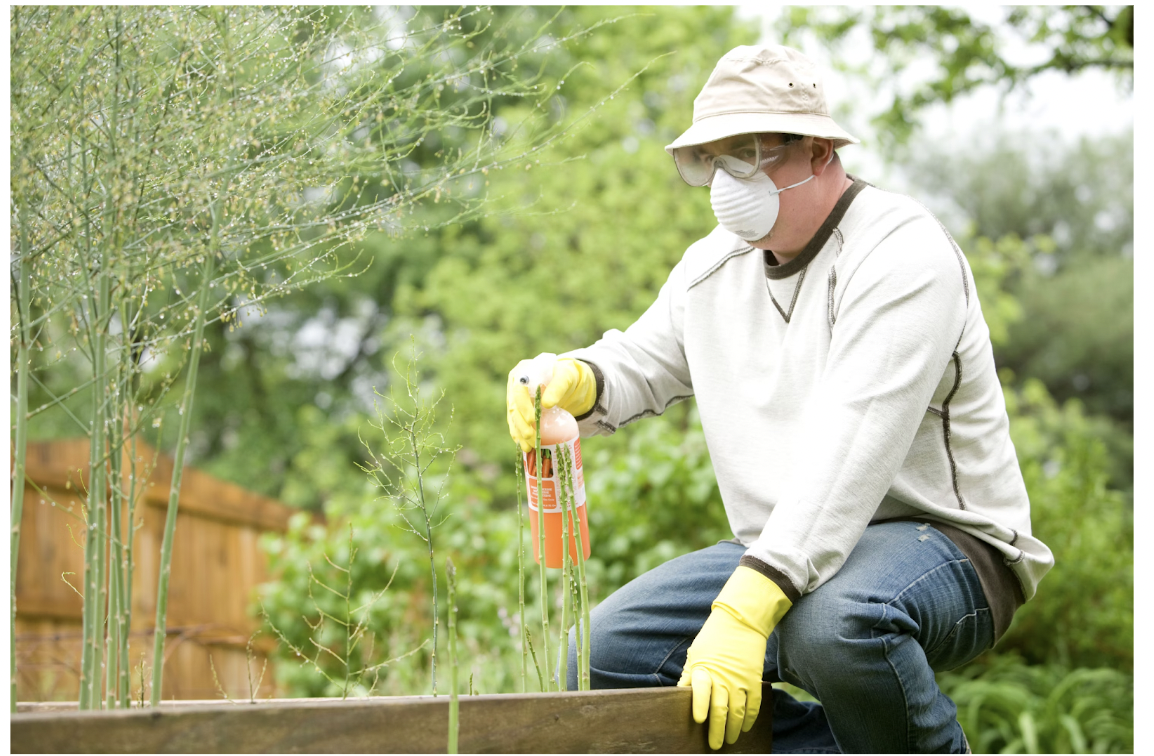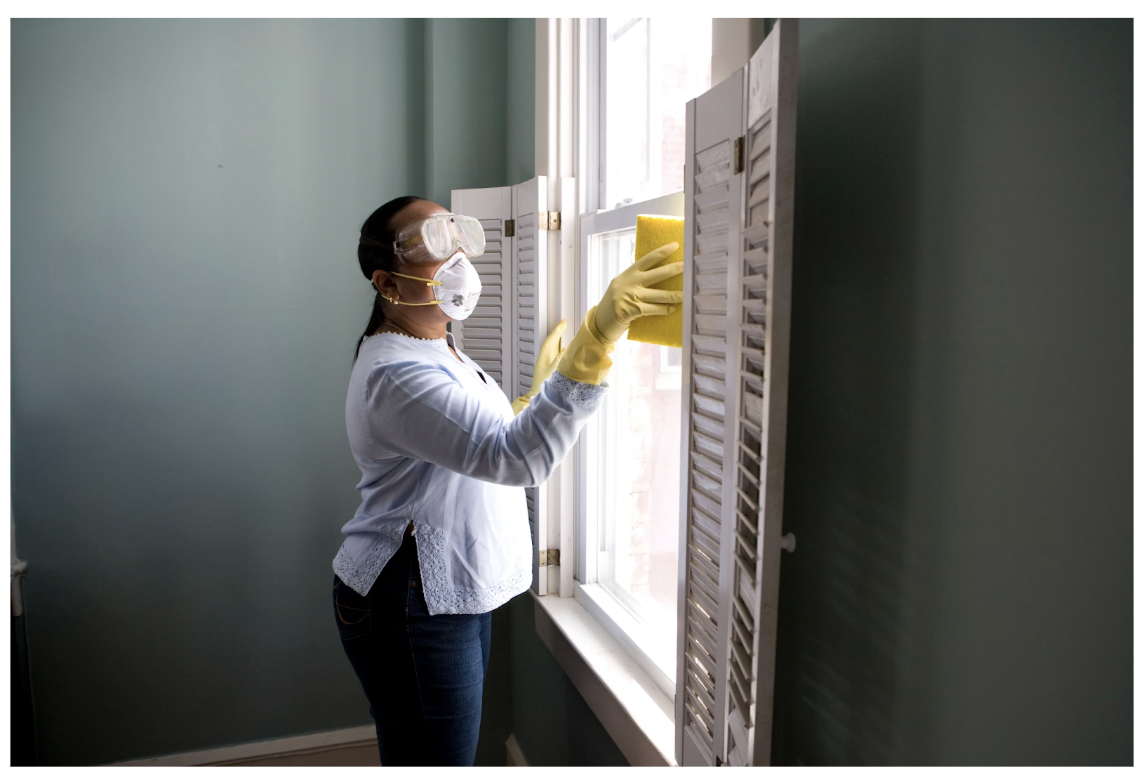The Hidden Health Risks of a Pest Infestation

Pest infestations are more than just a nuisance; they can pose serious health risks to individuals and families. While the sight of cockroaches scuttling across the kitchen floor or rodents darting through the attic may elicit immediate disgust, the unseen dangers they bring with them are often overlooked. From triggering allergies to spreading diseases, pests can compromise the health and well-being of those living in infested spaces. Understanding these hidden health risks is crucial for taking proactive measures to combat pest infestations and safeguarding against their detrimental effects.
Allergies and Respiratory Issues
Pests like dust mites, cockroaches, and rodents are common triggers for allergies and respiratory problems. Their feces, saliva, shed skin, and decaying bodies can become airborne, contaminating the indoor air quality. For individuals with asthma or other respiratory conditions, exposure to these allergens can exacerbate symptoms and lead to frequent attacks. Even for those without preexisting conditions, prolonged exposure to allergens from pest infestations can result in the development of respiratory issues over time. Seeking professional pest control services, such as an exterminator in Boston, is essential for effectively eliminating allergen sources and improving indoor air quality. Through comprehensive pest management strategies, including sanitation measures, habitat modification, and targeted pesticide applications, exterminators can eliminate pests and reduce allergen exposure, providing relief to individuals suffering from allergies and respiratory conditions.
Vector-Borne Diseases
Pests serve as vectors for various infectious diseases, posing a significant threat to human health. Mosquitoes, ticks, and fleas are notorious carriers of diseases such as West Nile virus, Lyme disease, and plague, respectively. These pests can transmit pathogens through their bites, putting individuals at risk of contracting serious illnesses. Additionally, rodents can spread diseases indirectly by contaminating food and water sources with their urine, feces, and saliva. Prompt intervention by professional exterminators is crucial for preventing the spread of these harmful pathogens and protecting public health.
Structural Damage and Mold Growth
Beyond the health implications, pest infestations can also cause structural damage to buildings and promote mold growth. Termites, for example, feed on wood and can compromise the integrity of wooden structures, leading to costly repairs. Similarly, rodents gnaw on electrical wiring, insulation, and other building materials, posing fire hazards and compromising the safety of the property. Moreover, pests like cockroaches and rodents create favorable conditions for mold growth by providing moisture and organic matter for fungi to thrive. Mold spores released into the air can trigger allergic reactions and respiratory problems, further exacerbating the health risks associated with pest infestations. Addressing pest infestations promptly with the assistance of professional exterminators is crucial for mitigating structural damage and preventing mold-related health issues.
Mental and Emotional Well-being
Living in a pest-infested environment can take a toll on one's mental and emotional well-being. The constant stress and anxiety associated with sharing living spaces with pests can have detrimental effects on mental health. Feelings of helplessness, embarrassment, and fear of judgment from others can contribute to heightened levels of anxiety and depression. Additionally, the disruption of daily routines and the sense of invasion of personal space can lead to increased irritability and social withdrawal. Children, in particular, may experience difficulties concentrating in school and develop behavioral problems as a result of living in pest-infested homes.

Pest infestations represent more than just a nuisance; they pose significant hidden health risks that can compromise the well-being of individuals and families. From triggering allergies and respiratory issues to spreading infectious diseases and causing structural damage, pests can wreak havoc on both physical and mental health. Addressing pest infestations promptly with the assistance of professional exterminators is essential for mitigating these risks and creating a safe, healthy living environment. By raising awareness of the hidden health risks associated with pest infestations, we can empower individuals to take proactive measures to protect themselves and their loved ones from the detrimental effects of pests.






